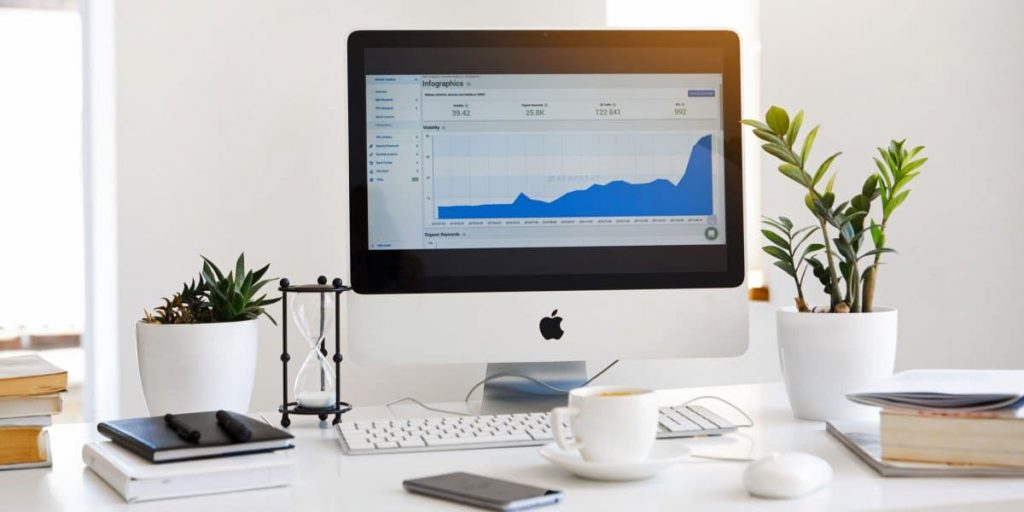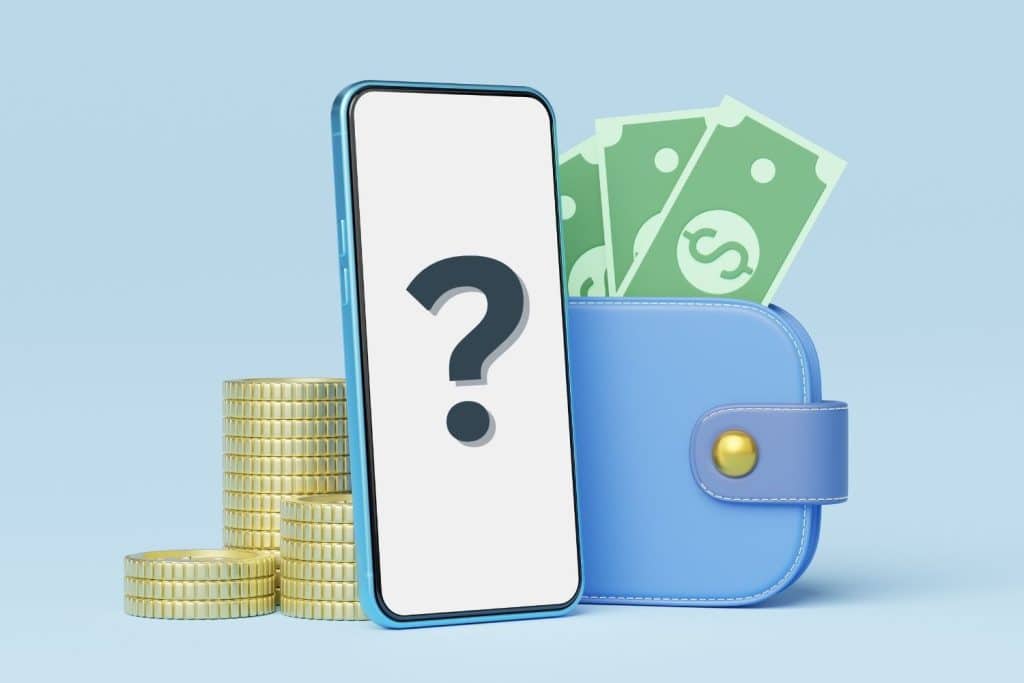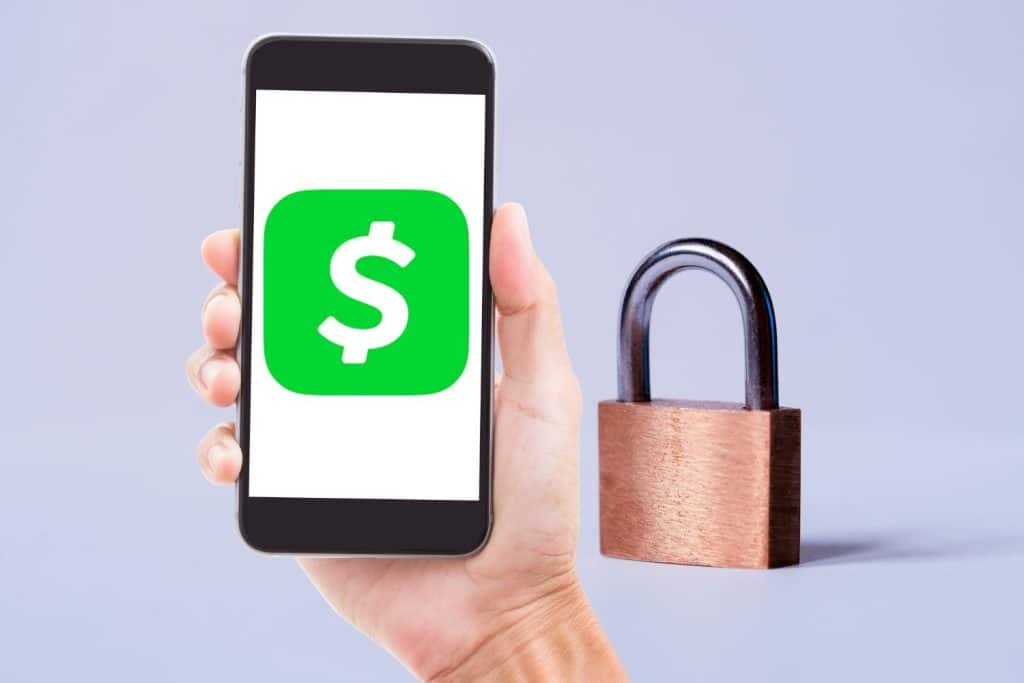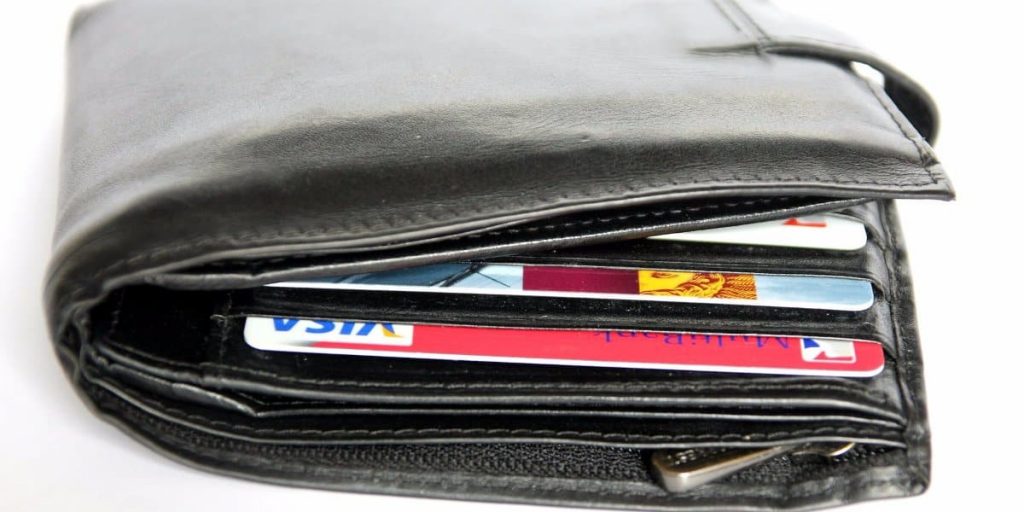DIY Financial Planning: Can You Be Your Own Planner?

Hello again, my friends; welcome back to yet another blog where we talk about finances and become financially abundant. Today we are going to look at DIY financial planning.
There is nothing like a good old DIY project that I don’t love doing, so I thought, hey, why not do something fun and be responsible at the same time? It’s a win-win situation here, my friends. I do it for the people, I swear!
Starting a financial plan is extremely important no matter what age you are! The earlier you start, the more likely you are to succeed financially later on in life. It’s all about planning these things out, my friends!
Before I start going off on a tangent like I always seem to do, let’s hop right in and start DIY financial planning today. Trust me, it’s worth it if you want to be rolling in the cash flow in a couple years. Let’s get started!
What Is the Difference Between a Budget and a DIY Financial Plan?

Contrary to popular belief, a budget and a financial plan are actually two separate things! A budget essentially tracks your monthly income and expenses. It is more or less used for short-term goals, whereas a financial plan is more related to long-term goals such as buying a house and saving for your retirement.
However, while they are different, they do work together in the big scheme of things to be more financially intelligent.
10-Step DIY Financial Plan
Now that we know the difference between a budget and a financial plan let’s get into our 10 step DIY financial plan. And before we start, I just want to say that I totally get it.
Financial planning can be complicated and overwhelming for many people, especially when you have absolutely no idea what you are doing.
That is why I have broken everything up into 1o easy to follow steps so you can read along better and process the information I am going to tell you with ease!
1. Let’s Write Down Those Goals!

If you’ve ever been to a financial planner before, you will know that one of the first things they will ask you to do is write down your goals. I’m talking about short term and long term goals here, people.
Where do you see yourself in the next year? Where do you see yourself in the next 5 to 10 years? What do you want to be doing then? Where do you want to be living? Get as detailed as possible with this as you wish.
Getting as detailed as possible will help motivate and excite you to accomplish your goals, so put everything your mind can think of onto a piece of paper and seal your fate with the universe because those goals you wrote down are more than attainable.
2. Calculate Your Net Worth
That’s right, people, not only celebrities and CEOs, have a net worth. In fact, we all actually do!
For this step, you are going to write down a list of your assets, such as any real estate you own, cars you own, and any other significant ticketed assets you may have, such as a computer or designer bag. Get as specific as you want with this.
You will also calculate what you have in your savings accounts and add in all your investments if you have any of those as well. Once you have figured everything, you will get your grand total –aka your net worth.
The next part is to calculate all your debts (yuck). I’m talking about student loans, mortgages, car loans, credit card debt –anything and everything.
Once you have done the same and calculated your grand total, you will subtract your debts from your assets (obviously), and this will be your new net worth.
3. Look at the Cash Flow
No, I don’t mean desirably stare at your bank account. I mean, calculate how much money you make a month and how much money is leaving a month. Cash flow, get it? This will help tell you whether or not you are living outside of your means.
In other words, are you overspending? Are you putting money into a savings account every month? Do you have extra money leftover at the end of every month?
These questions will help you get a better sense of how you are doing financially and how responsible you are being every month.
4. Find Out Precisely What You Are Spending Your Money on

It’s time to get into the nit and gritty here. You now have to comb through your monthly spending with a fine-tooth comb to see where and how you are spending your money each month. It is essential to start with your non-negotiables every month.
This means start off by noting how much your rent or mortgage payment is a month, your groceries, transportation costs, insurance, utility bills such as electricity, TV, internet, hot water. You should also take out money for hypothetical emergencies such as car repair.
After that money has been calculated and noted, you should now write down all your non-essentials or entertainment fun. This can be anything from restaurants to coffees to shopping sprees.
Related: How to Live Without A Job and Still Pay The Bills (Possible?)
5. Start an Emergency Financial Fund
Having an emergency fund is extremely important! Why, you might ask? Well, because it’s for emergencies! Duh! You never know when things in life could go array.
For example, you could end up getting into a car accident or having to replace the windshield of your car.
It is always best to ensure that you have the extra money in an emergency saving fund to pay for these unexpected situations without having to dip into your savings or your monthly budget.
Remember, it is always better to be safe than to be sorry. Especially when it comes to your finances.
One prominent financial purchase that you were not expecting to have paid for could put you behind on your bills or even force you to take out another loan, which is the last thing you want to be doing.
Even more so if you are already struggling to try and pay off your current debts. Let’s Segway to the next topic of debt now that we’re already on it, shall we?
6. Get Your Debt in Check
If debt were an object, it would be a little grey cloud that floats over the top of your head and rains on you 24/7. I’m serious, you guys. Debt is a challenging and uncomfortable experience for a lot of people.
This is why paying off your debt should be your number one priority. I’m talking about car loans, student debt, and credit card debt. These types of debts are notorious for gaining interest.
And in some cases, if left unpaid, you will end up paying even more money than your initial loan was for. Therefore, focusing on your debt management is extremely crucial! Sit down and make goals on how much you are going to pay off and when.
By systematically planning your debt management down to the detail, you will feel more inclined and motivated to pay it off as soon as possible.
7. Start Saving for Your Retirement!

Is it wrong for me to admit that I cannot wait to retire? I am serious! You are going to want to start saving money for your retirement as soon as you can. The sooner you start, the less you will have to put away in the future.
You can begin as early as you want, and depending on the kind of job you have, you may even get a pension. If you don’t have a pension plan, however, saving for your retirement is vital.
8. Start Investing Your Money!
Want to know a secret about how some people get extremely rich? They begin investing money into the stock market. Seriously, Investing your money into the stock market is one of the easiest ways to make a passive income if you know what you are doing.
I’m not talking about Wolf of Wall Street here. I’m thinking more about choosing some stable stocks showing some promising growth in the next couple of years and buying some shares.
If what I just said didn’t make any sense to you, don’t worry, you aren’t alone. I just started learning about stocks myself, and I still feel like learning a new language.
Alternatively, you can make an appointment with a financial advisor at your banking institution. They can help you set up an investment portfolio. They will walk you through the steps of choosing the right stocks to buy and help you manage your money.
You can also find financial advisors who assist people with investing in stocks as well. These websites will even offer you a sign-up incentive a lot of the time if you invest $1000 through their website.
If you want to learn more, you can check out weathsimple. They are a trusted investing website, and they will give you $75 to sign up with them!
9. Take a Look at Your Insurance Coverage

Insurance is essential to have whether you have a family or not. Think about it. You have insurance on your car, you have health insurance, and you potentially have life insurance. These things are essential to have should anything happen to you.
10. Write a Will
Contrary to popular belief, a will is actually more important to you at any age of your life. If you have any type of assets, then getting a will is the right thing to do.
This is because should anything happen to you and no will have been legally certified, all of your assets will immediately go to the government. That is why it is best to have a will and name beneficiaries in it.
Your will, by all means, does not have to belong and be detailed. As long as you have the basics in it and you have a lawyer notarize it, you should be good to go.
Final Thoughts
DIY financial planning is a great way to begin planning your future and accomplishing your life goals. Whether it be buying a house, traveling the world, or retiring early!
Although it may look quite daunting at first, once you take the time to sit down and begin planning your finances, it will not only help you feel more relaxed for the future, it will also help you to be more in tune with how you spend and save your money on a month to month basis.
By planning something and having it written out or saved somewhere, you are more likely to keep yourself accountable and motivated to achieve your goals as opposed to just saying you will accomplish them.
Money management isn’t rocket science, but it also isn’t easy to do. It takes discipline and financial knowledge to actually motivate you to follow through. Suppose you want to learn more about your finances.
In that case, there is nothing wrong with making an appointment with your bank and sitting down with an advisor who will be able to talk through everything in detail with you.
You can even hire a financial planner to help you as well if you don’t feel confident enough to do it on your own! It’s just a matter of actually starting your plan and following through with it like more things in life!
After this article, you should have a pretty good idea of creating your own DIY financial plan.
If you have any tips or tricks that would help other people on their way to financial management, please don’t hesitate to leave a comment down below! We would love to hear from you. Until next time my friends!






